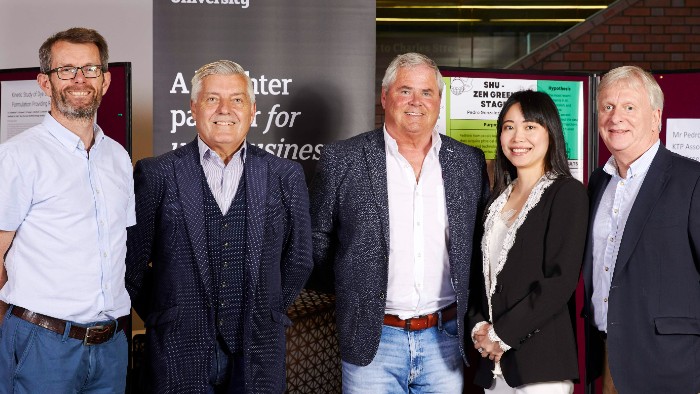Music events boost Sheffield economy by more than £4m, says City Council
South Yorkshire company expands into Germany with opening of new premises later this year
Green energy firm wins SME Employer of the Year
Sheffield Hallam enters Knowledge Transfer Partnership with charity supporting ex-offenders into employment
“We hope to have a lasting relationship with Sheffield Hallam and see this as the first step of a journey that will create many more life-changing opportunities for many disadvantaged people. Using the power of good quality jobs is a successful model that reduces crime, creates safer streets and more prosperous communities.”
Entrepreneurs to benefit from support helping them launch West Yorkshire-made products
Boston Energy receives significant investment as private equity investor backs MBO
Estate agency names new sales negotiator for York office
Chambers see ‘tentative but promising’ signs of easing financial pressures for firms
Bradford gets £10m cash injection to help create almost 7,000 jobs
“We want to open up access to the arts, create opportunities for young people, and inspire our next generation of writers, artists and performers.”












